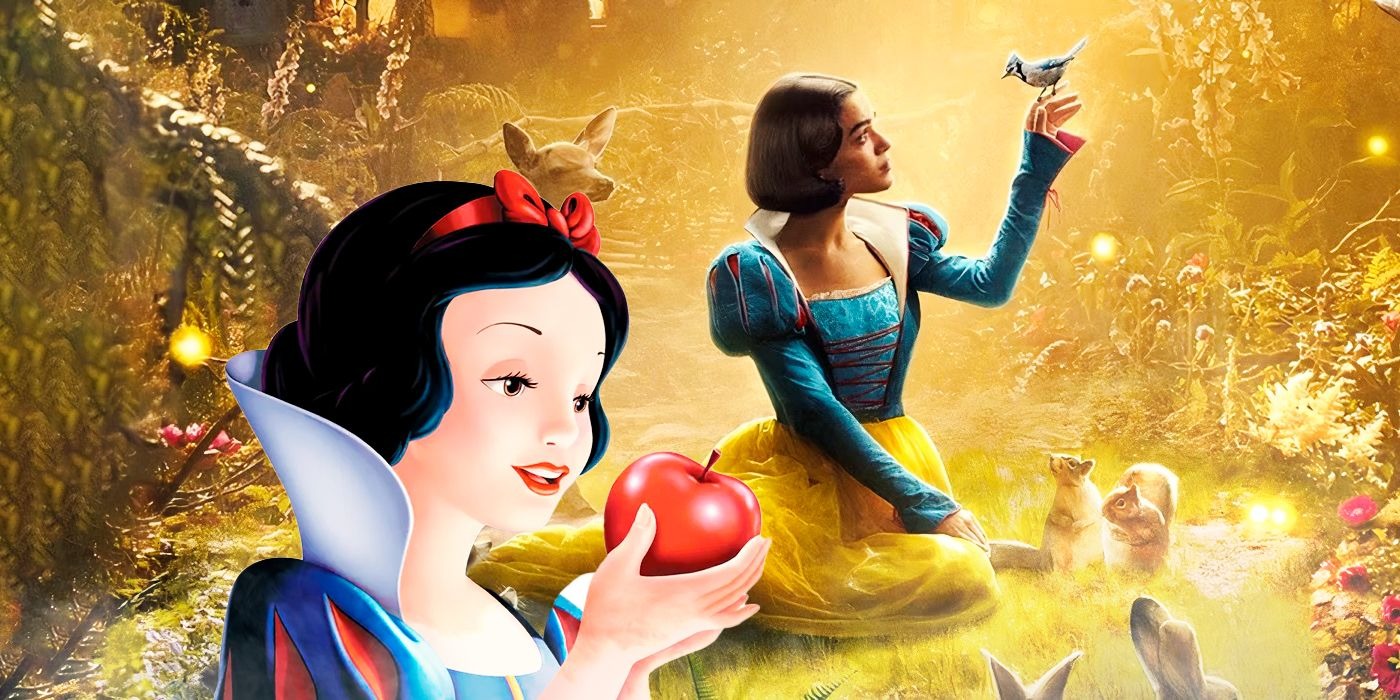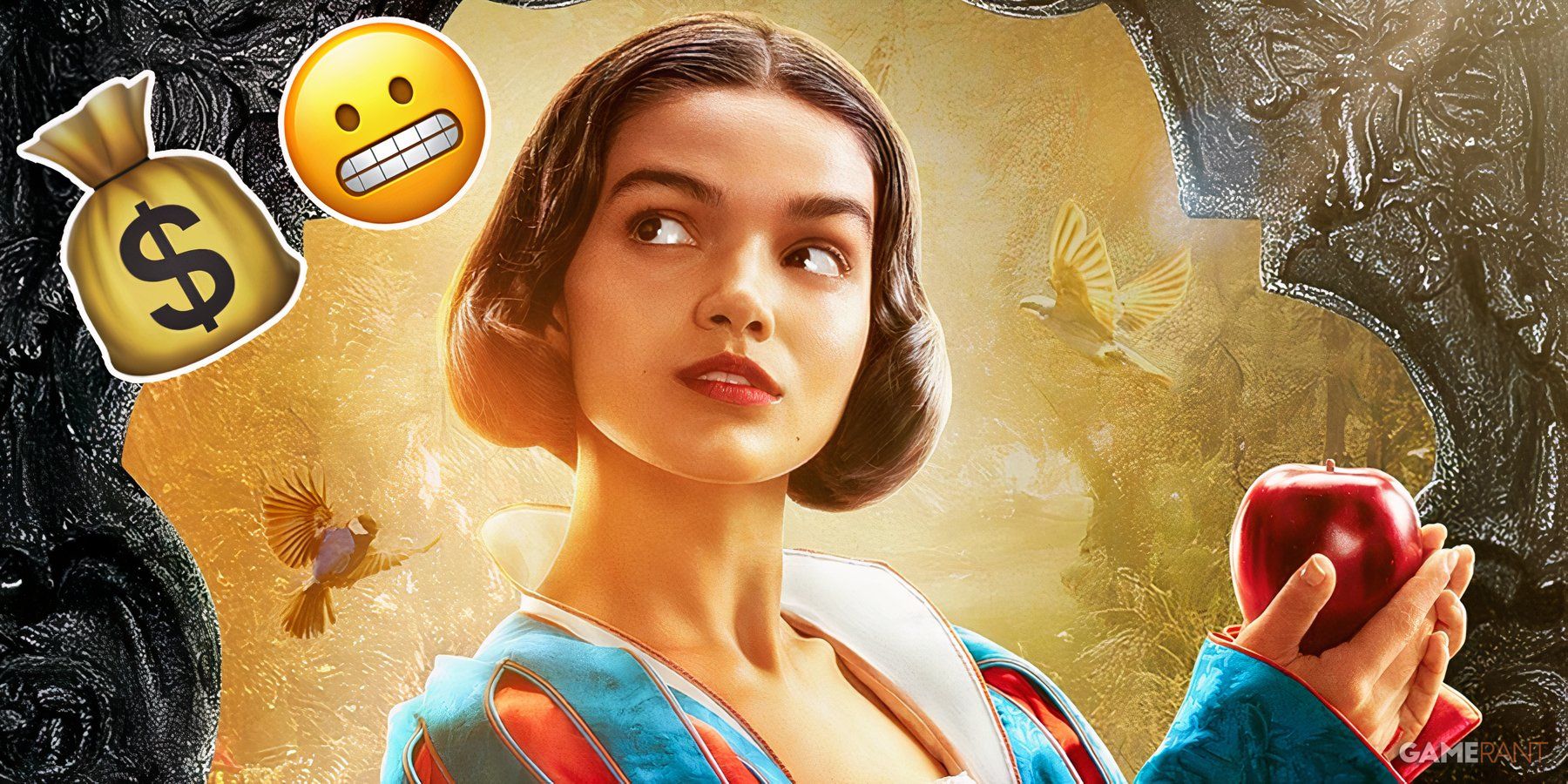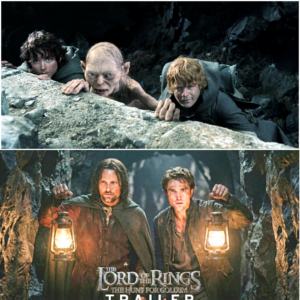
Disney’s live-action Snow White remake, starring Rachel Zegler, has become a lightning rod for controversy, with its dismal box office performance and polarizing public reception sparking claims that the film has precipitated a collapse of the studio’s storied empire. A YouTube video by YellowFlash 2, titled “How Rachel Zegler’s WOKE SNOW-WHITE Caused the Collapse of Disney Empire! It’s Over,” posted on April 16, 2025, amplifies these sentiments, arguing that Zegler’s outspoken comments and the film’s “woke” reimagining alienated audiences, leading to a $115 million loss. While Disney’s challenges are multifaceted, the Snow White debacle—marked by casting disputes, narrative changes, and cultural backlash—has intensified scrutiny on the studio’s live-action remake strategy, financial health, and ability to reconnect with its global fanbase.
Released in March 2025, Snow White was envisioned as a modern retelling of the 1937 animated classic, with Zegler as the titular princess, Gal Gadot as the Evil Queen, and Marc Webb directing. The $250 million production aimed to reframe Snow White as a proactive leader, sidelining the romantic subplot with the Prince, played by Andrew Burnap, to align with contemporary gender norms. However, Zegler’s 2023 remarks, dismissing the original’s romance as “creepy” and touting a “progressive” narrative, ignited a firestorm. Her comments, widely shared on X, including by @CollinRugg, framed the film as dismissive of its legacy, alienating traditional fans. The film’s global box office of $143 million, reported by Variety, and a record-low 1.5/10 IMDb rating, driven by review-bombing, underscore its failure, with @historyinmemes noting it as potentially IMDb’s lowest-rated film.
The YouTube video contends that Snow White’s “woke” approach—altering the fairy tale to prioritize empowerment over romance—doomed the project, with Zegler’s public persona exacerbating the backlash. Posts on X, such as @DjT74154, criticize Zegler for “disparaging” the original during promotion, while @AGHamilton29 argues Disney’s decision to “stick with her” despite her “trashing the audience” set the film’s fate. The term “woke,” often used to denote progressive cultural shifts, has become a rallying cry for critics who accuse Disney of prioritizing ideology over storytelling. Daily Wire columnist Ben Shapiro tweeted that Snow White exemplifies “ideology trumping story,” a view echoed by conservative outlets like Bounding Into Comics.
Disney’s live-action remakes have been a cornerstone of its strategy, with Beauty and the Beast (2017) and The Lion King (2019) grossing over $1 billion each. However, recent entries, including Pinocchio (2022) and Mufasa: The Lion King (2024), which earned $330 million against a $200 million budget, have underperformed, per Box Office Mojo. Snow White’s failure is particularly stark, with Deadline estimating a $410 million total cost, including $140 million in promotional expenses. Zegler’s casting as a Latina actress in a role described as having “skin white as snow” sparked accusations of “race-swapping,” though a Vox op-ed countered that fairy tales transcend ethnic specificity. Zegler’s X posts, labeling critics “bigots,” further polarized audiences, with @vinhlegacy claiming Disney “cancelled” her as a “brand risk.”
The Snow White fallout has had ripple effects. The Hollywood Reporter reported on April 3, 2025, that Disney paused its Tangled live-action remake, citing Snow White’s failure as a cautionary tale. X user @OliLondonTV noted, “Disney halts development on Tangled live action movie, amid Snow White’s disastrous box office performance,” reflecting fan relief. The cancellation, linked to fears of repeating Snow White’s missteps, suggests a broader retreat from high-risk remakes. The Wrap reported that Disney is reevaluating projects like Hercules and The Aristocats, prioritizing profitability over nostalgia.
Gadot’s involvement adds complexity. Deadline reported on April 10, 2025, that she threatened to exit promotional events, frustrated by the film’s reception and Zegler’s dominance in headlines. Sources claim Gadot, paid $20 million, felt “misled” about the film’s direction, a sentiment echoed by Gina Carano on The Joe Rogan Experience, where she criticized Disney’s “woke” narratives. Forbes warned that Gadot’s potential departure could further damage Disney’s brand, already strained by Snow White’s 32% Rotten Tomatoes score and CGI-heavy visuals, which The New York Times called “uninspired.”
Disney’s financial challenges amplify the crisis. The studio’s streaming division lost $300 million in Q4 2024, per The Wall Street Journal, and Disney+’s 150 million subscribers trail Netflix’s 290 million, according to Statista. CEO Bob Iger, in a February 2025 earnings call, emphasized “storytelling over messaging,” a shift reflected in Disney’s greenlighting of Inside Out 3, Angry Birds 3, and exploration of a Where’s Waldo film, per Variety. These projects signal a pivot toward original content and diversified IPs, with Inside Out 2’s $1.6 billion gross proving animation’s enduring appeal, per Box Office Mojo.

The “collapse” narrative, while hyperbolic, stems from real concerns. CNN analyst Paul Dergarabedian noted that Snow White’s failure reflects a market shift, with audiences favoring original films like Universal’s Wicked (2024) or Paramount’s Sonic the Hedgehog 3 (2024). A 2024 Rasmussen Reports poll, cited by Forbes, found 68% of viewers prefer faithful adaptations, supporting claims that Snow White’s deviations—such as sidelining the dwarfs for “magical creatures”—alienated fans. X user @SkullishaDemon urged fans to “stop supporting these soulless remakes,” a sentiment echoed by @anukasan1977, who praised Disney’s retreat from “culture wars.”
Defenders of Snow White argue that updating classics is necessary. Teen Vogue praised Zegler’s vocal talent and cultural resonance, while a Vox op-ed noted that the 1937 film’s passive heroine feels dated. However, the execution—marked by a rushed production and tonal inconsistencies—failed to bridge old and new audiences. The review-bombing, driven by coordinated campaigns on platforms like 4chan, per The Verge, highlights the intensity of fan backlash, with @DOGE__news tying Zegler’s involvement to the film’s $115 million loss.
Zegler’s role in the controversy is contentious. While some, like @Kaayn307Ken1, blame Disney’s “woke” agenda, others, including The New York Times, argue that Zegler was scapegoated for broader creative failures. Her X posts, perceived as confrontational, amplified the backlash, but insiders told Deadline that Disney’s marketing team failed to manage her public image. Speculation about Zegler “fleeing” to Dubai, reported by Daily Mail on April 12, 2025, and amplified by @RolfHummer, was debunked as a planned vacation, yet the narrative persists, with @RealRodrigoPolo claiming Disney demanded $120 million in damages—an unverified figure dismissed by The Hollywood Reporter.
The Snow White saga reflects broader cultural tensions. Critics like Bounding Into Comics accuse Disney of prioritizing “diversity quotas” over storytelling, while supporters argue that inclusivity strengthens the brand. CNN noted that Disney’s retreat from Tangled and focus on Inside Out 3 suggest a pragmatic response to market signals. However, the studio’s challenges—financial losses, subscriber stagnation, and fan distrust—fuel narratives of decline. Forbes contributor Mark Hughes warned that Disney risks “losing its cultural dominance” if it fails to reconnect with audiences.
Disney’s future hinges on its ability to balance nostalgia and innovation. The Snow White flop, while not a “collapse,” underscores the risks of misjudging fan expectations. Iger’s pivot to original projects, coupled with a cautious approach to remakes, aims to stabilize the studio, but the road ahead is fraught. X users like @SnowWhiteFan88 lament, “Snow White was my childhood, and they ruined it,” while @DiscussingFilm sees the Tangled cancellation as a “wake-up call.” The Snow White controversy, amplified by voices like YellowFlash 2, marks a pivotal moment for Disney—one that will test its resilience in a competitive, polarized entertainment landscape.





